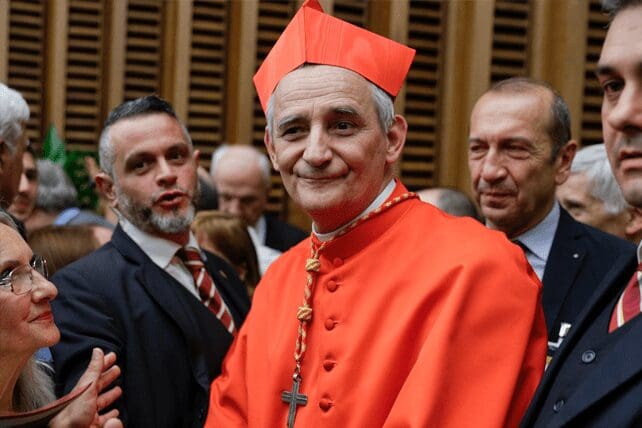The reluctance of Italy’s establishment media to expose the problem has been cited by Lucetta Scaraffia, a former editor of the Vatican’s women’s magazine, as one of the reasons the issue hasn’t reached a crisis point yet in heavily Catholic Italy.
She and journalist Franca Giansoldati and historian Anna Foa recently published “Lamb of God,” recounting the cases of abuse in the Italian church that have been gathered by the main advocacy resource group, Rete l’Abuso (Abuse Network), which is a founding member of the #ItalyChurchToo movement.
Scaraffia said the network’s archive showed a pattern in which typically poor children from families reliant on the church were victimized by predator priests who selected them precisely because of their vulnerability. The church managed to save the priests by turning to powerful lawyers who offered minimal payouts from 15,000-25,000 euros to the needy families if they opted against filing a criminal complaint, she said.
“Unfortunately in Italy, the faithful in first place but then the rest of society aren’t interested. The newspapers don’t talk about it ever or just briefly, and then just the gory details in the local section,” she said in an email.
Iacopo Scaramuzzi, author of “Sex of the Angels,” about the church’s internal debates on abuse, feminism and gays, said Zuppi has been more open to dealing with matters of sexual morality than other Italian bishops. But he noted that Italian bishops and society as a whole are reticent on the issue and “very late in the awareness of the crisis of sexual abuse.”
“I hope that he will have the courage to choose a path — an independent commission on abuses that occurred in the context of the sole Italian Church — which would be looked upon with respect by other European countries that have already taken this path … and that finally brings justice to the survivors,” he said.
This article originally appeared here.

